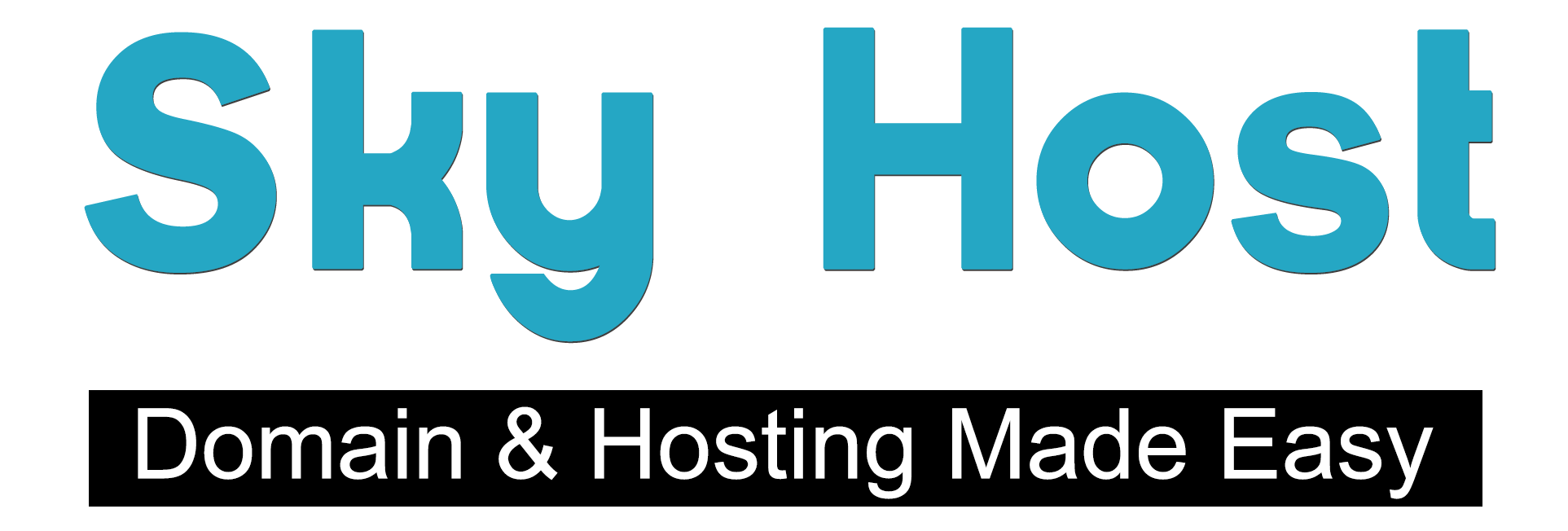Google Workspace in Pakistan has emerged as a pivotal tool in bridging the digital gap in Pakistan by enhancing access to digital tools, promoting digital literacy, and facilitating collaboration. Here’s how it is making an impact:
1. Accessibility to Digital Tools
Cloud-Based Solutions: Google Workspace in Pakistan offers cloud-based tools like Gmail, Google Docs, Sheets, and Drive, enabling individuals and organizations to work from anywhere with internet access. This is crucial in a country where remote areas often lack robust physical infrastructure.
Localized Support: Google has introduced localized versions and resources, making its tools more accessible to non-English speakers in Pakistan.
2. Affordable Collaboration Platforms
Cost-Effective Options: Google Workspace in Pakistan offers free and affordable subscription plans, providing small businesses, startups, and educational institutions in Pakistan with enterprise-level tools.
Enhanced Collaboration: Real-time collaboration features foster teamwork, allowing businesses and educational institutions to overcome geographical barriers.
3. Promoting Digital Literacy
Workshops and Training: Google conducts workshops and training sessions in Pakistan, equipping students, educators, and professionals with the skills to use digital tools effectively.
Digital Skills Programs: Initiatives like Grow with Google and partnerships with local organizations focus on upskilling individuals, especially women and underserved communities.
4. Support for Education
Google for Education: Pakistani schools and universities increasingly adopt Google Workspace in Lahore for Education, providing students and teachers with tools for remote learning and digital content creation.
Improved Connectivity: By facilitating virtual classrooms, Google Workspace bridges gaps in areas with limited educational infrastructure.
5. Encouraging Remote Work
Post-Pandemic Adaptation: During and after the COVID-19 pandemic, Google Workspace in Lahore became essential for remote work in Pakistan, enabling businesses and government offices to continue operations.
Digital Transformation: Many organizations have adopted Google Workspace as a stepping stone toward long-term digital transformation.
6. Empowering Women and Marginalized Communities
Remote Opportunities: Women in Pakistan, often constrained by societal norms, can now access remote work opportunities using Google Workspace, reducing barriers to employment.
Inclusivity Programs: Partnerships and initiatives aimed at marginalized communities promote their inclusion in the digital economy.
Challenges and Future Directions
While Google Workspace in Pakistan is a game-changer, challenges remain, such as inconsistent internet access, affordability of devices, and digital literacy gaps. To maximize its impact, Google and partners must:
1:Expand affordable internet access.
2:Provide more localized content and tools.
3:Enhance outreach in rural and underserved regions.
Google Workspace’s role in Pakistan is a testament to how technology can empower communities and bridge digital divides when implemented strategically.



